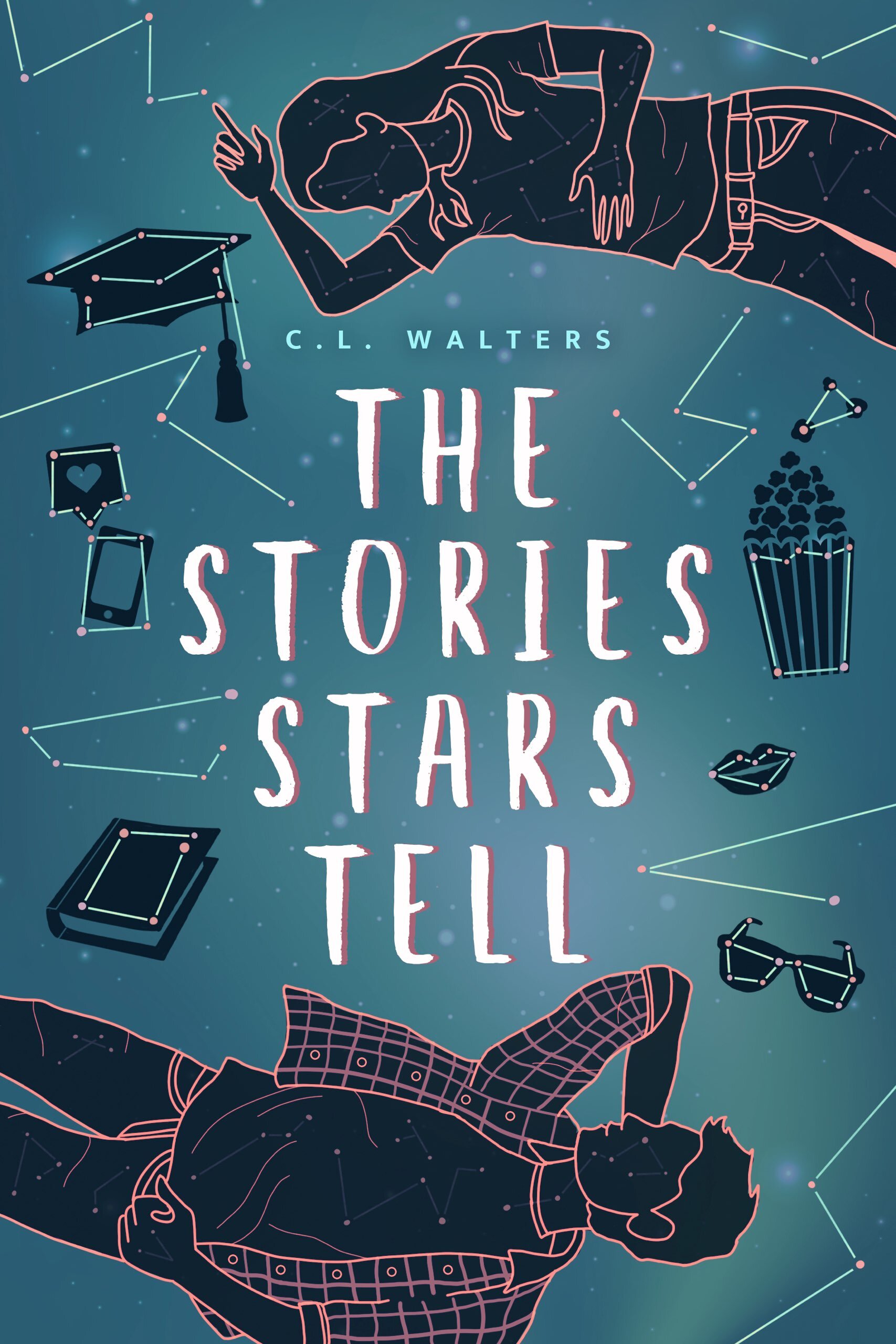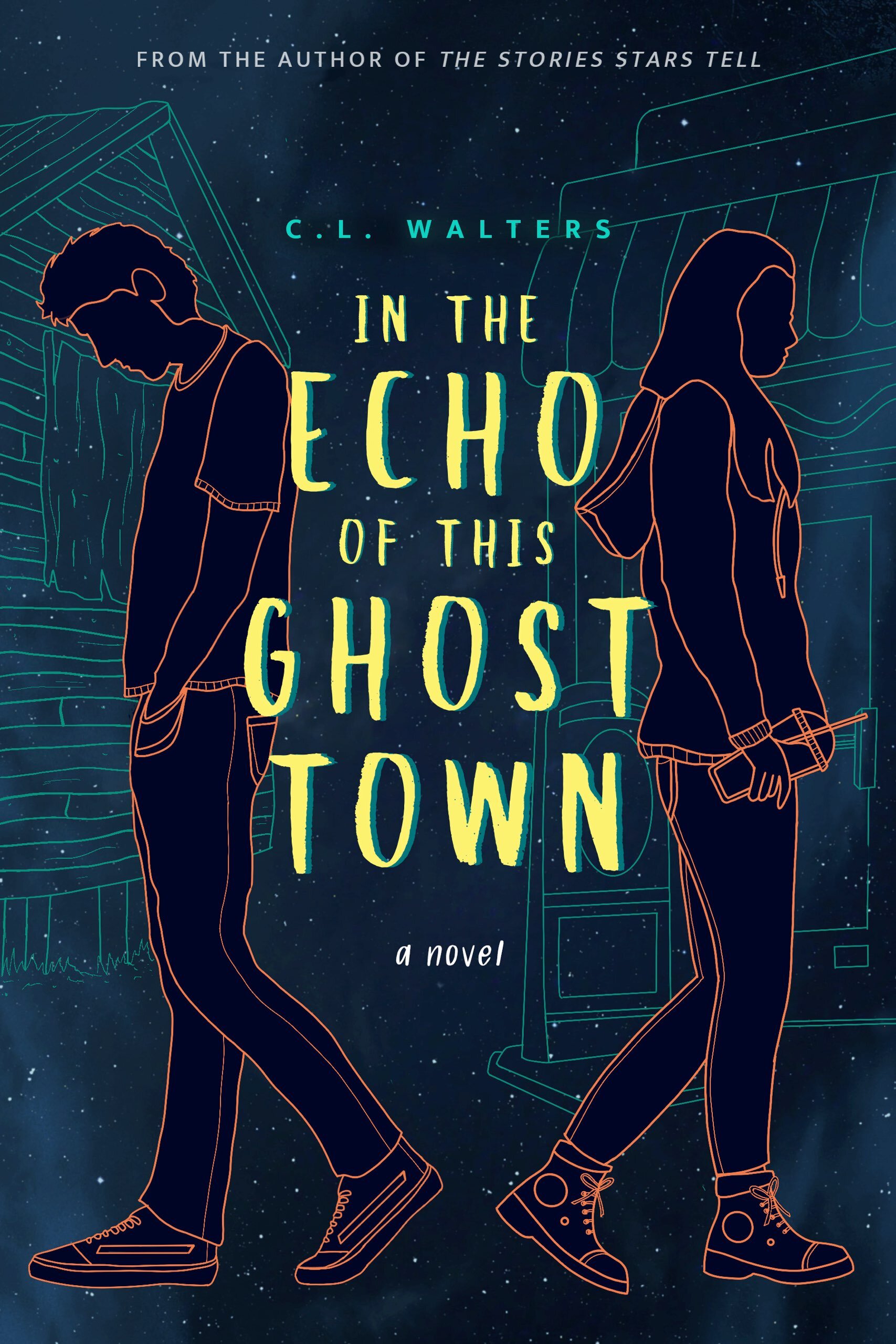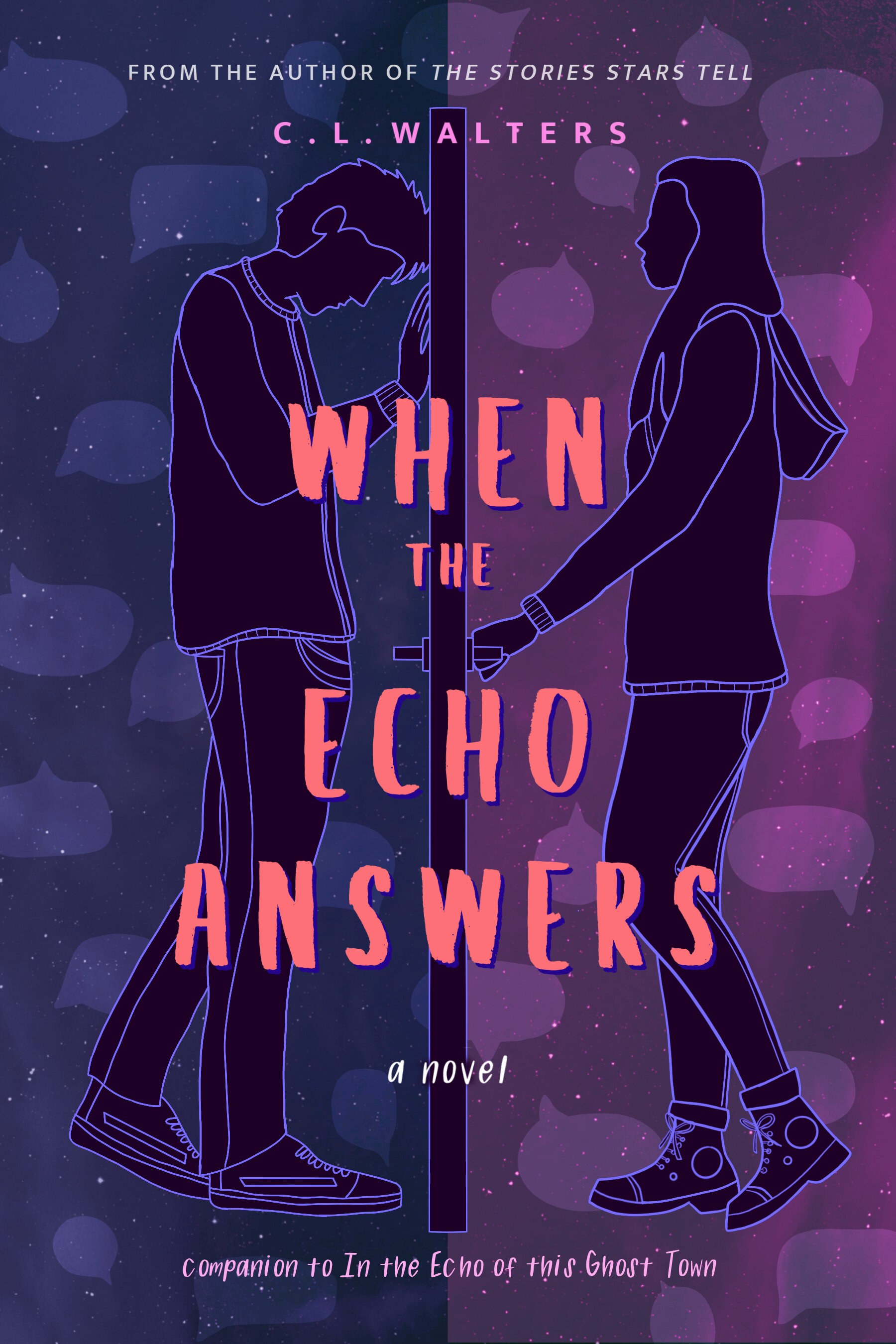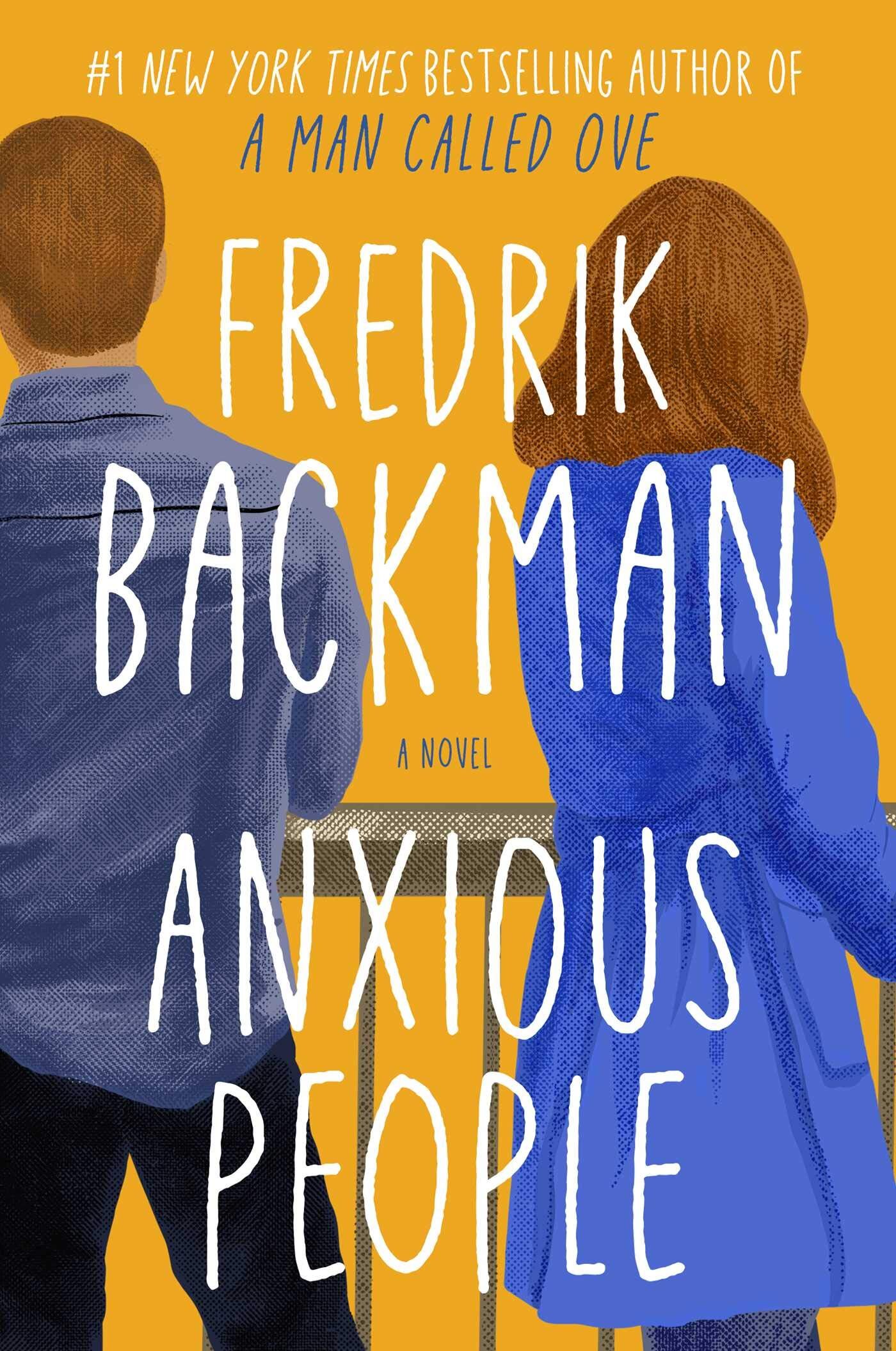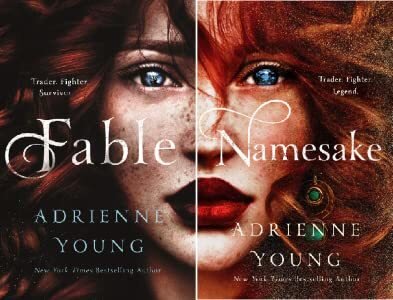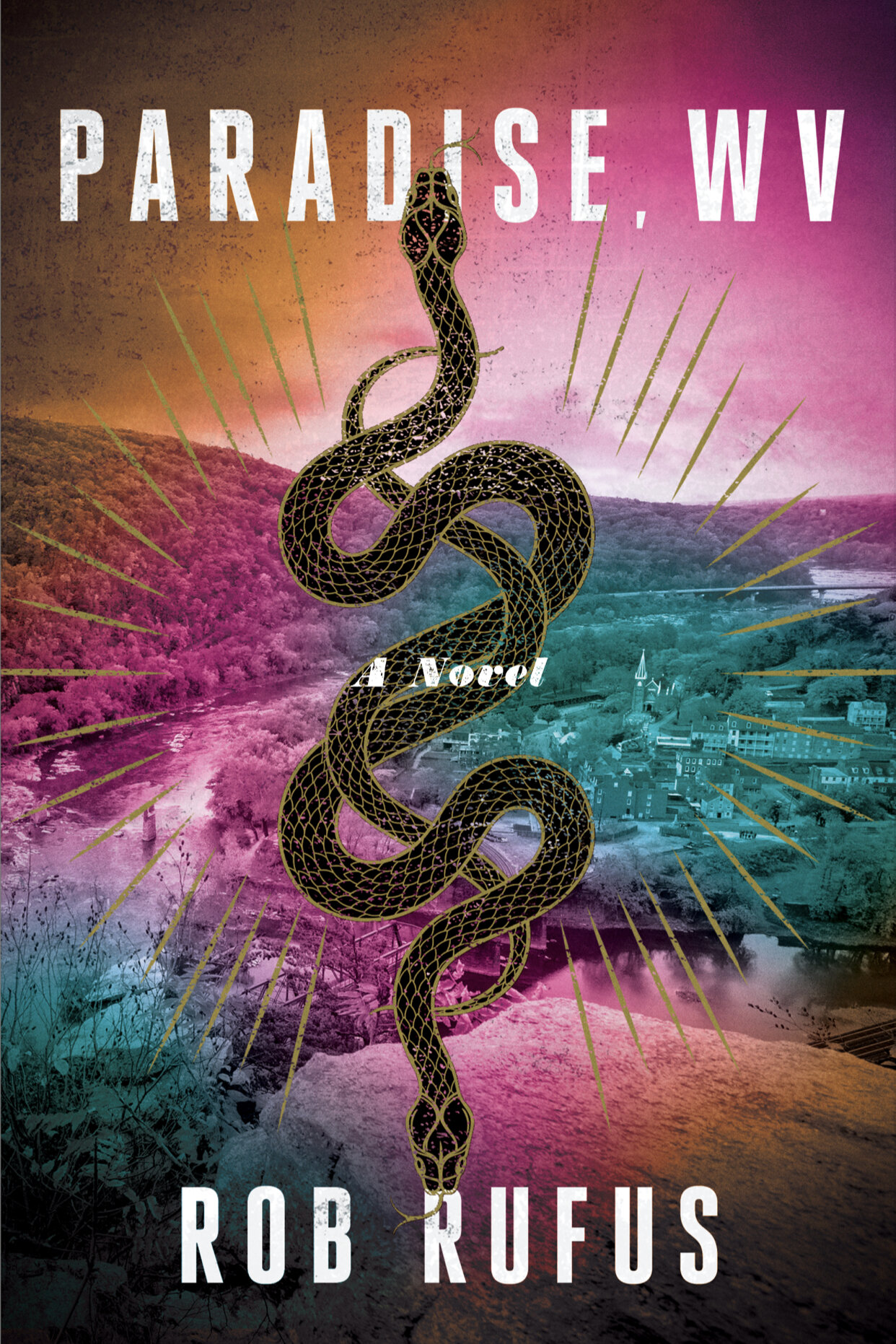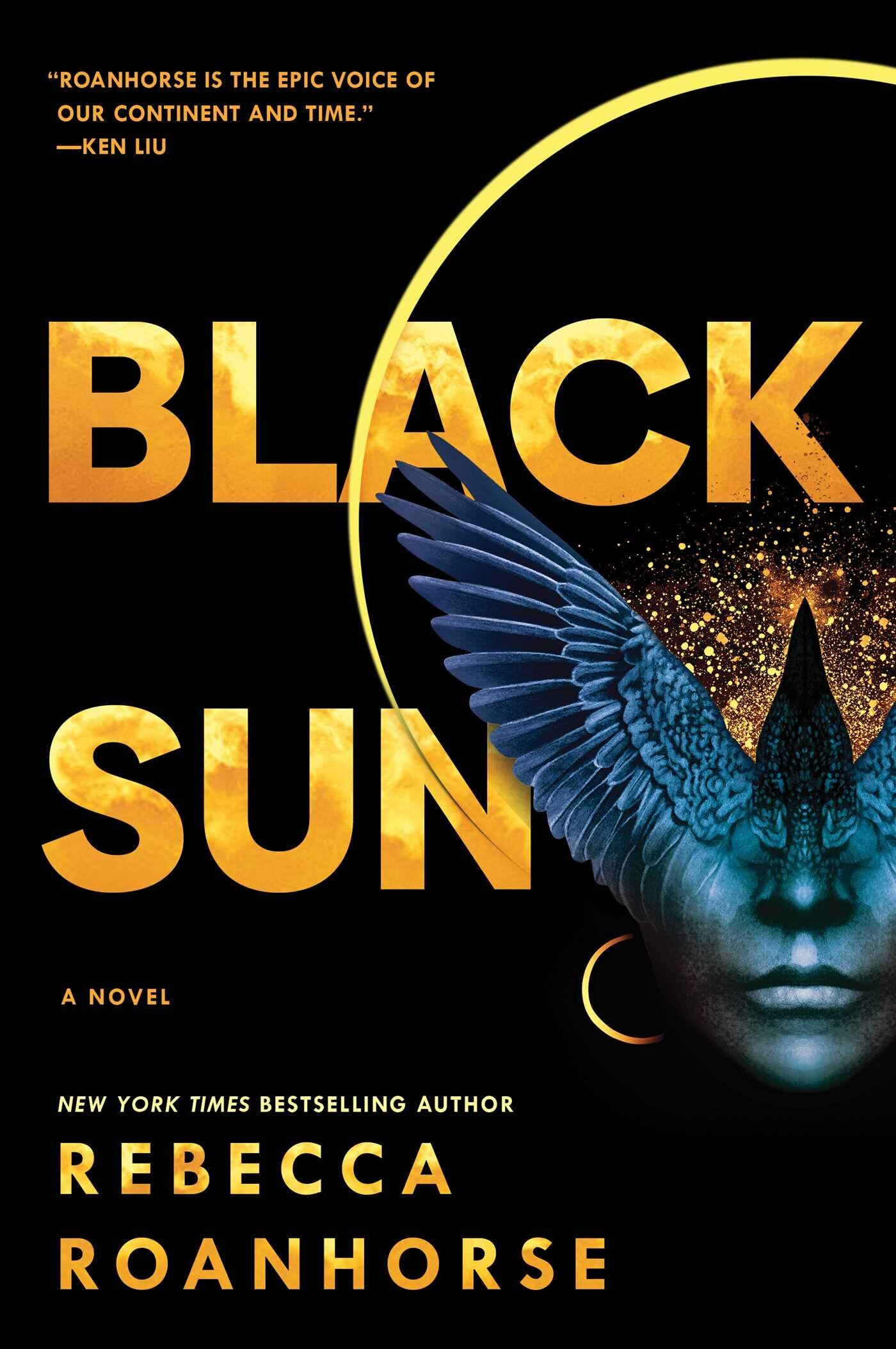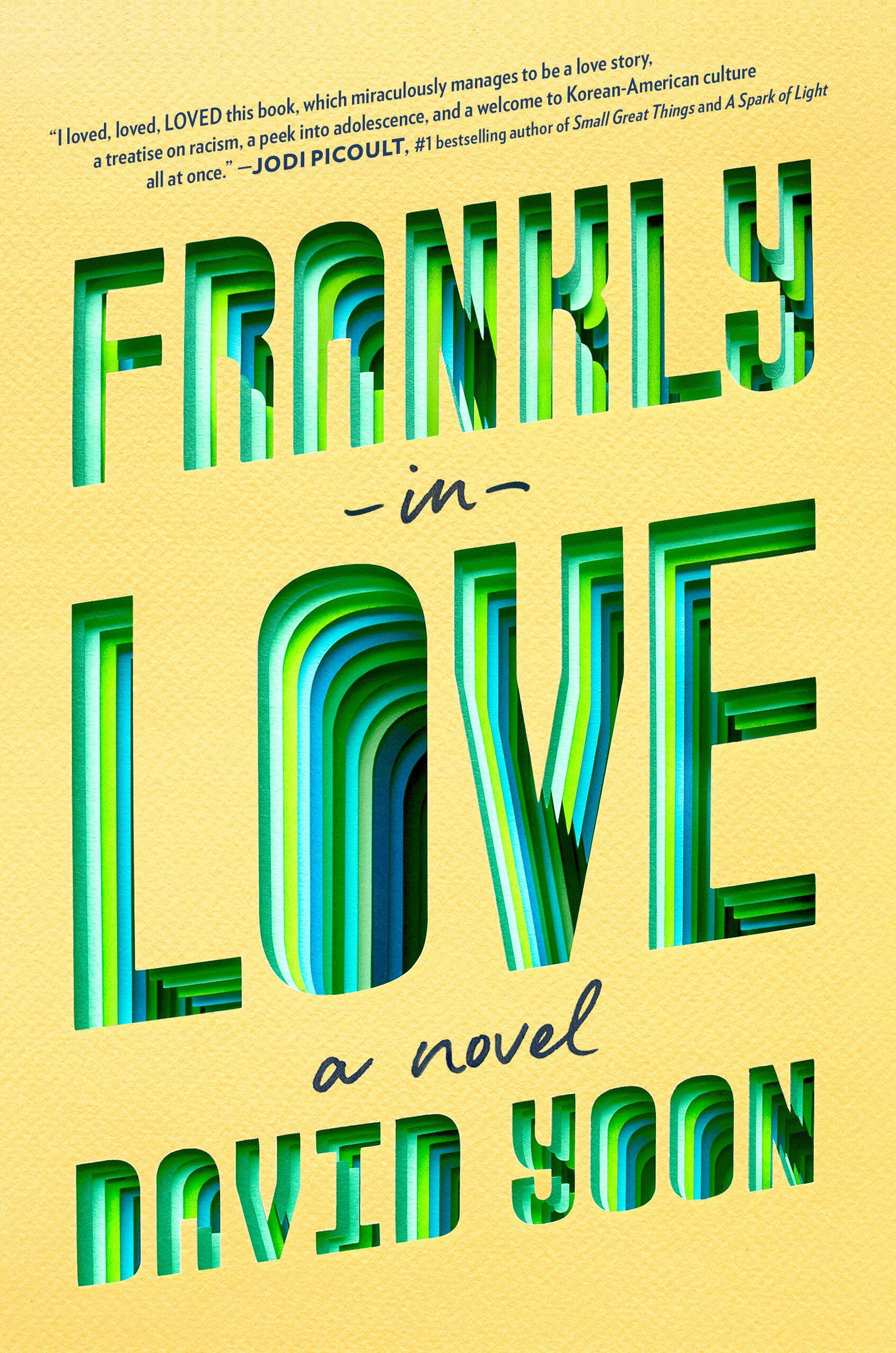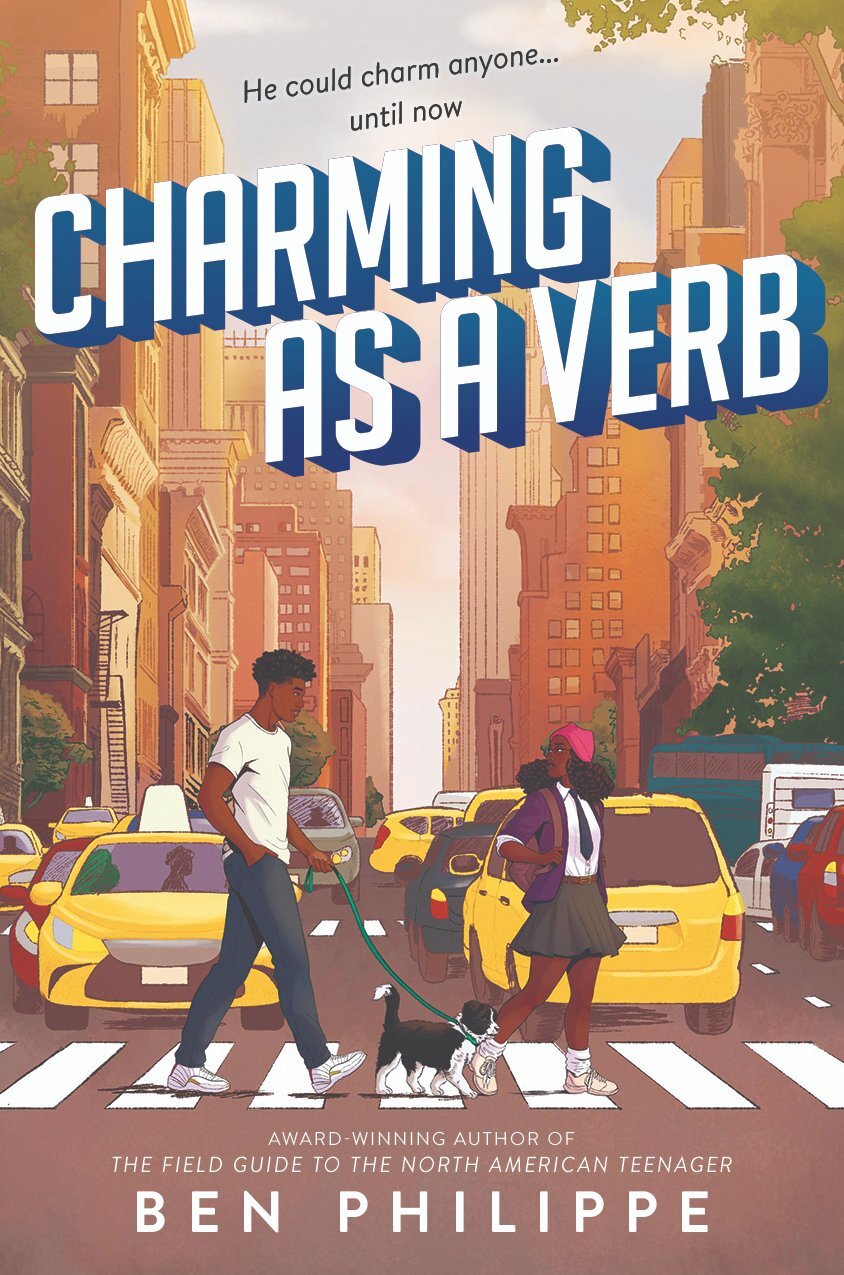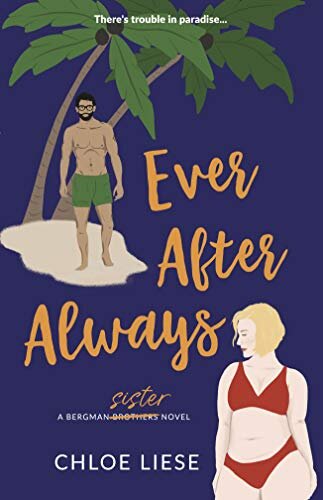I learned a lot about myself writing Maxwell Wallace. I’ve mentioned before that my ability to write female characters has been difficult and why that is (here), but Max is the first female character I’ve written fully formed without having to do much of anything. That was new for me, and I think a testament to the power of who she is as a character. So real. So alive.
When the Echo Answers is a companion novel to In the Echo of this Ghost Town
In honor of her, here are 4 things I learned from Max while writing this book:
Speak your mind
I grew up with the “be a good girl” lessons rooted in white, patriarchal, Christian home. I’m not disparaging my experience. I had a wonderful childhood with amazing parents and family, but this “good girl” expectation didn’t serve me when I walked out into the world without the safety net of my loving family. My naivety opened doors to major mishaps. If I’d been taught that my voice mattered equally, I wonder how things might have been different.
Cal, Maxwell’s dad, has taught her that her voice matters. That her voice is equal to everyone else and she doesn’t have to be “the good girl” but instead just a smart one. Maybe, on some level, this is the kind of girl I’d wished I’d been. Maybe Max can empower a young woman to find her voice, know her worth, and speak up (even when the expectations are to be a “good girl”). What I would tell that girl: You are still a good girl even when you speak up. SPEAK UP!
Don’t Apologize
Asking forgiveness is a good thing. That’s not what I mean when I say “don’t apologize.” Instead, this is referencing those apologies for existing, for having an opinion, for being different, or using your voice to care for yourself. It goes back to speaking up, but not feeling like your voice matters so you need to somehow disparage it by offering the “I’m sorry…”
Max doesn’t apologize unless she should. Goodness. Cal has taught her that she matters. And as she says in the book, “My father has shown me that everyday.” This!
Be Rude
One of my favorite podcasters—Crime Junkies—say this all the time. “It’s okay to be rude. Be rude. Stay alive.” Max is “rude” but maybe it isn’t so much as rude as assertive, confident, and self-assured. She knows her worth (even if she struggles sometimes, because don’t we all), but the lessons from her father lead her to the path of trusting herself. She says, “One of dad’s lessons: trust your instincts.”
I’ve gotten better at this, especially when it comes to my art. There’s this really great book I HIGHLY RECOMMEND to all creatives and especially women, and for women in general. Women Who Run With the Wolves: Myths and Stories of the Wild Woman Archetype by Clarissa Pinkola Estes, PhD. It’s a dense read, but ultimately, the idea is that as women we have shut down our intuition (due to all sorts of cultural and societal factors), but we need to reconnect to it. It is in our innate knowledge that we find the truth of our identity, our power, ourselves. It’s beautiful.
Don’t Hesitate. Just sit down
In the scene at the beginning when she sits down with Griffin outside the convenience store, Max says, “I leave the confines of the store and approach moody boy like he’s a wild animal in the zoo. Okay, too tentative. I actually just sit down. I don’t do too much with hesitancy and never have. Hesitancy hasn’t gotten me much, and besides, there isn’t time for it. Lessons from my father haven’t been about hanging back or blending into the background.”
I love this.
This lesson has so many applications. Whether it’s putting myself out there as an author with local bookstores, submitting that query to an agent, offering insight on my latest blog, or teaching a webinar, I can’t be hesitant. Sure, there’s a time to ponder and reflect to find the best plan of action, but then it’s time to commit. To step forward. To put myself on the line.
Max does this. I love it. I love her.
I hope you do too.












